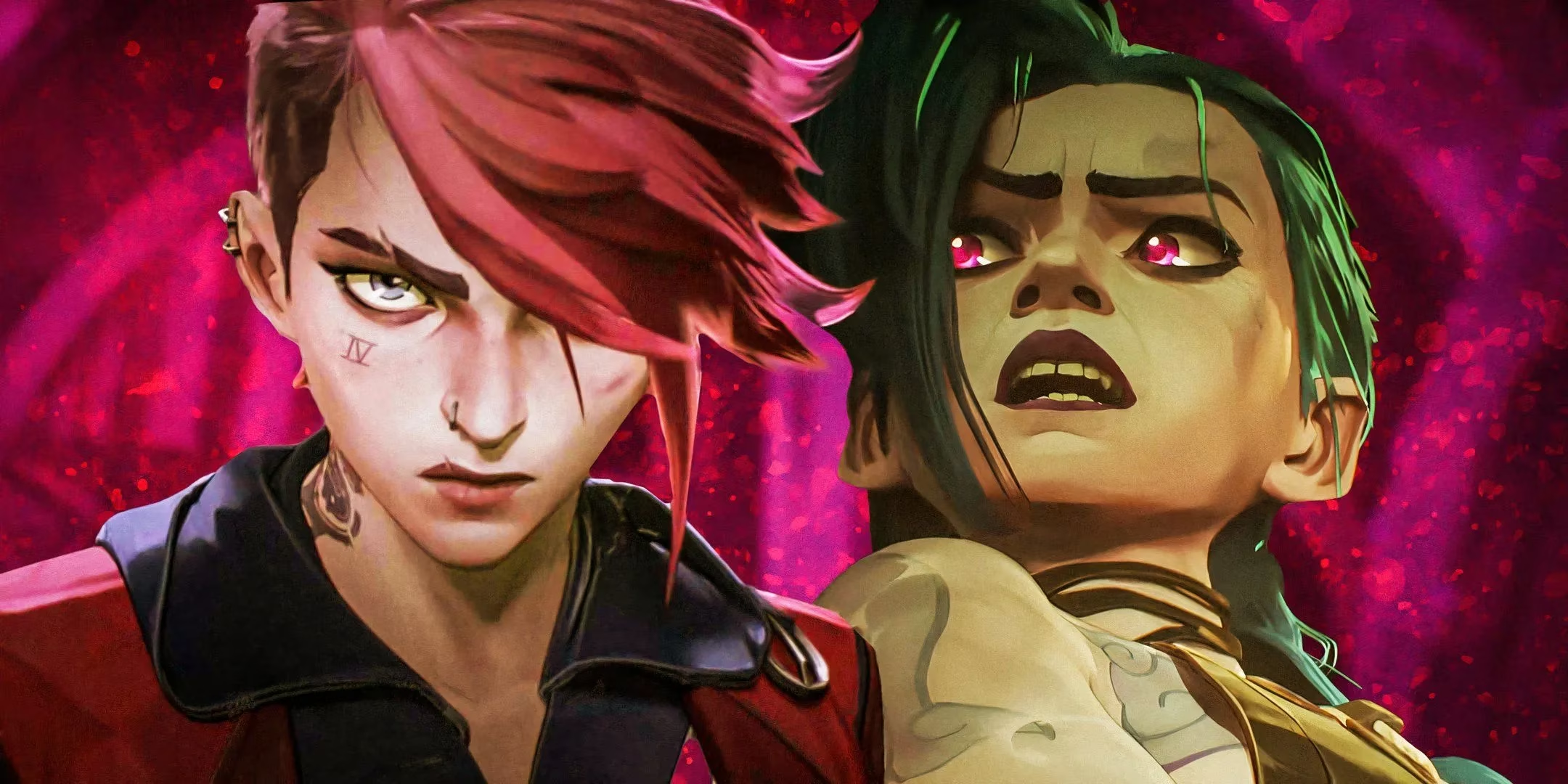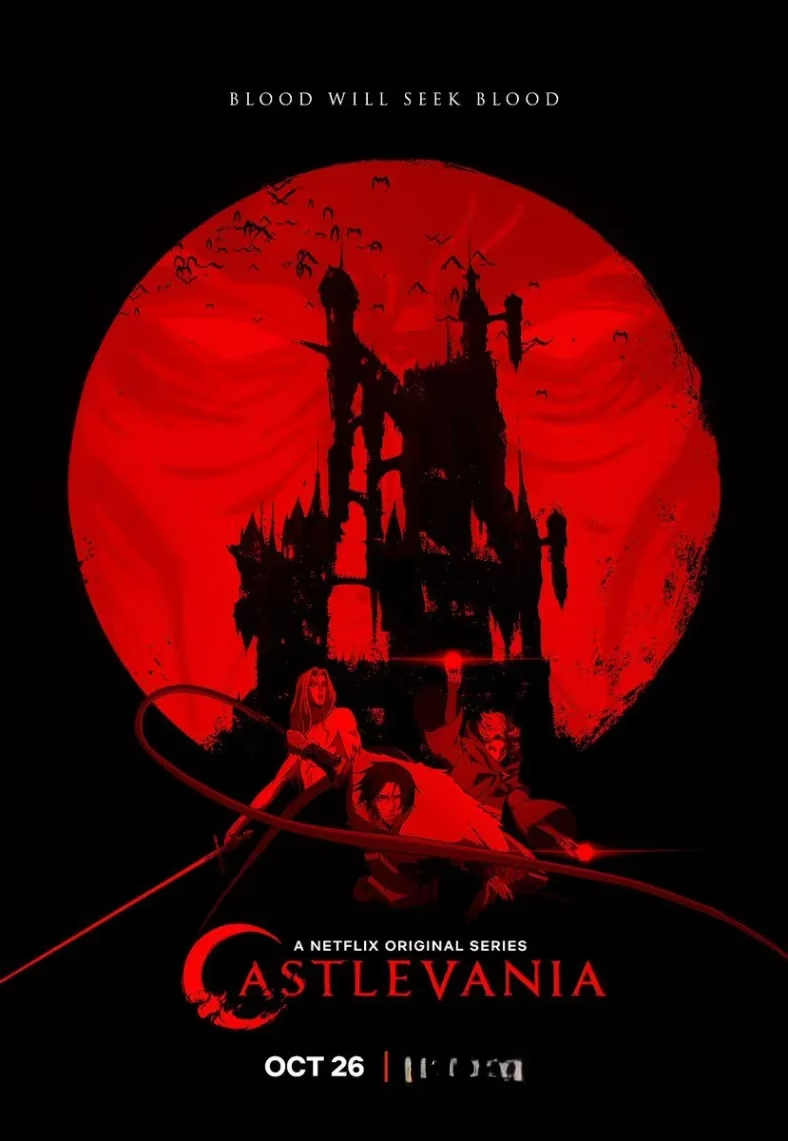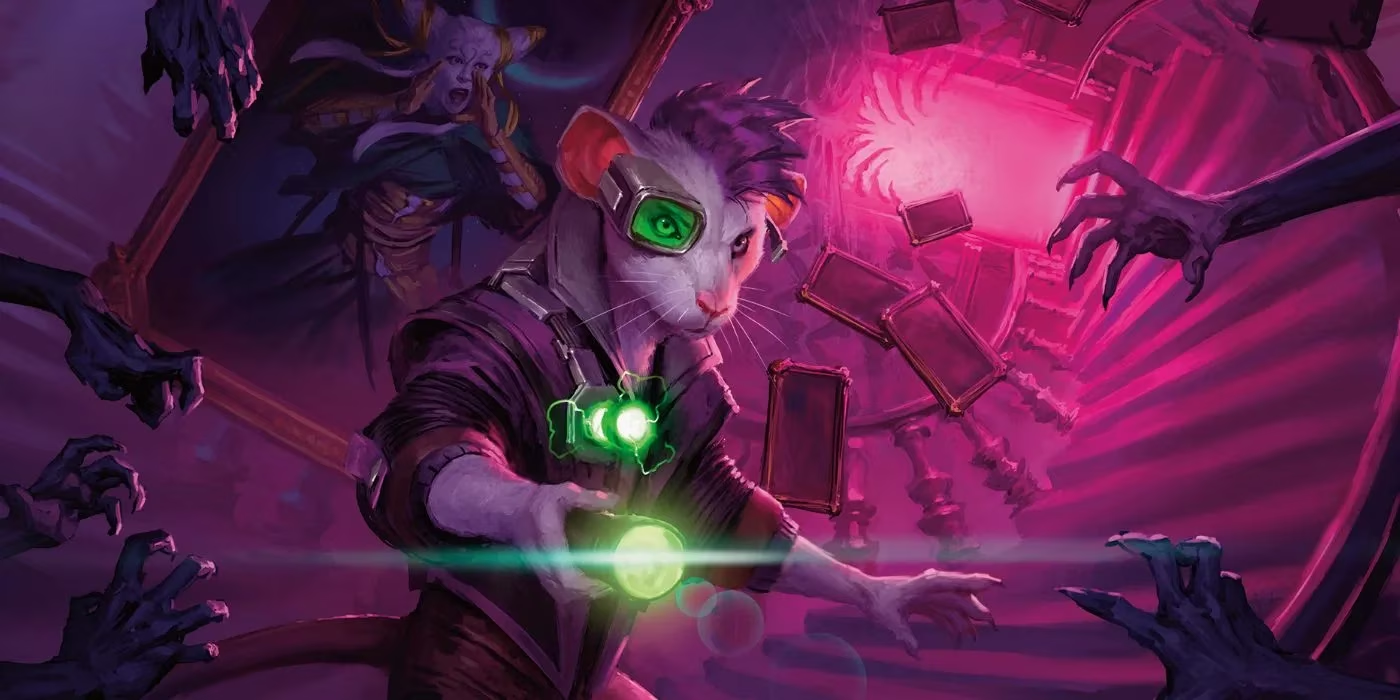As a professional gamer who witnessed Arcane's seismic impact firsthand, I still feel the echo of its 2024 finale. The show didn’t just entertain; it redefined how video game adaptations could breathe life into fragmented universes. With Arcane’s conclusion leaving a void, Netflix’s upcoming animated Magic: The Gathering series emerges as the heir apparent. It promises to replicate Arcane’s genius by transforming the card game’s sprawling lore into a cohesive, emotionally charged narrative—just as Arcane did for League of Legends. For gamers like me, this isn’t merely a new show; it’s a blueprint for how to honor source material while pioneering fresh stories.
How Arcane Masterfully Expanded League of Legends Lore

Before Arcane premiered in 2021, League of Legends offered only skeletal backstories for characters like Jinx and Vi. As a fan, I recall them as nothing more than law-enforcer-versus-chaos-criminal tropes. The show revolutionized their dynamic by revealing them as sisters torn apart by tragedy and ideology. Suddenly, Piltover wasn’t just a battleground; it was a living, breathing world where class struggles and personal demons collided. Arcane didn’t adapt existing lore—it built upon it, adding layers of political intrigue and familial bonds that made me care deeply about every alleyway and invention. This expansion wasn’t filler; it was foundational, proving that games with non-linear narratives could become epic storytelling canvases.
-
Key Additions:
-
Sisterhood angle between Jinx and Vi, transforming rivalry into heartbreaking conflict.
-
Deepened Piltover’s socio-economic divide, making the city a character itself.
-
Introduced original plot threads while respecting game-established events.
Castlevania: Netflix’s First Triumph in Lore Reinvention
Years before Arcane, Netflix’s Castlevania set the gold standard. I binge-watched its gritty take on the Belmont-Dracula feud, awed by how it distilled the games’ messy timelines—full of resurrections and retcons—into a focused saga. The anime elevated simplistic game lore into Shakespearean drama, emphasizing Trevor Belmont’s grit, Sypha’s magic, and Alucard’s inner turmoil. Where the games hinted at depth, the show delivered, weaving themes of prejudice, redemption, and legacy.

| Aspect | Game Lore (Pre-Adaptation) | Netflix Adaptation Impact |
|---|---|---|
| Story Cohesion | Fragmented arcs across centuries | Unified four-season narrative |
| Character Depth | Stereotypical heroes/villains | Complex motivations (e.g., Dracula’s grief-driven rampage) |
| World-Building | Gothic settings as backdrop | Living world with political and magical systems |
This approach didn’t just please fans; it attracted newcomers like me who’d never touched a Castlevania game. The series became a gateway, much like Arcane later did for League of Legends.
Magic: The Gathering’s Unprecedented Opportunity

Now, Magic: The Gathering stands at the same crossroads. With decades of lore spanning planeswalkers, eldritch horrors, and multiversal wars, the game has no central storyline—only rich fragments. This ambiguity is its superpower. Netflix can craft an original tale (say, focusing on a new planeswalker or unexplored realm like Duskmourn) while weaving in iconic elements like mana systems or Phyrexian invasions. Imagine delving into Nashi’s story from the art above, turning a card illustration into a protagonist’s journey. As a player, I’ve seen how Magic’s lore feels like disconnected myths; the show could unify them with Arcane’s emotional precision and Castlevania’s narrative drive.
People Also Ask: Answering Key Questions
- What made Arcane so successful?
💡 It transformed sparse game lore into a character-driven epic. By focusing on Jinx and Vi’s sisterly bond, Arcane added emotional stakes that resonated beyond gamers. Plus, its animation style and soundtrack were revolutionary!
- Can Magic: The Gathering realistically replicate this?
Absolutely! Both League of Legends and Magic lack linear stories, giving creators freedom. If Netflix anchors the show to relatable themes (e.g., family, power corruption) within Magic’s multiverse, it could mirror Arcane’s impact. 🎮
- Which other adaptations have successfully expanded game lore?
Beyond Castlevania, shows like The Witcher (though not animated) deepened book/game lore with original subplots. Cyberpunk: Edgerunners also expanded Cyberpunk 2077’s world, proving Netflix’s formula works across genres.
- Will this attract new players to Magic: The Gathering?
History says yes! Arcane boosted League of Legends’ player base by 15% post-release. A compelling show could demystify Magic’s complexity, making it accessible. I’d bet on a similar surge in 2025-2026.
Conclusion: A New Dawn for Game Adaptations
Reflecting on Arcane’s legacy, I’m exhilarated by Magic: The Gathering’s potential. Just as Jinx and Vi’s story transformed Piltover from pixels into poetry, this new series could turn cards and planes into cinematic gold. Netflix isn’t just replacing Arcane; it’s evolving a proven model. For us gamers, the question isn’t whether it can succeed—it’s how magnificently it will redefine the rules. After all, if Castlevania and Arcane taught us anything, isn’t it that the best adaptations don’t just adapt… they reinvent? 🔥